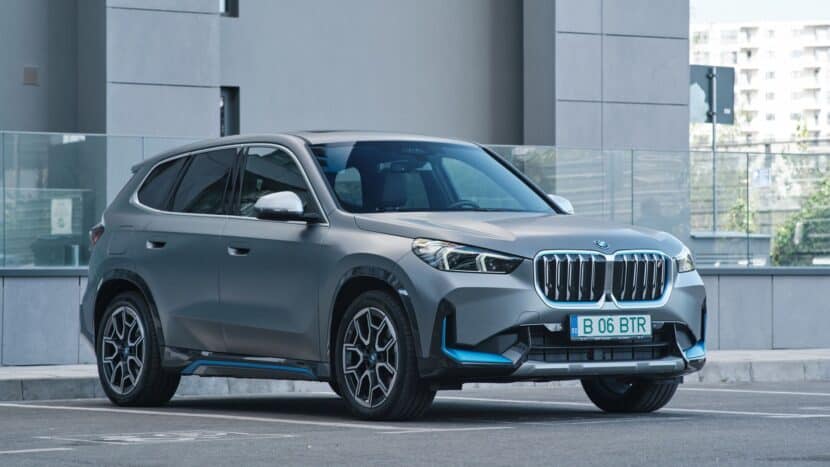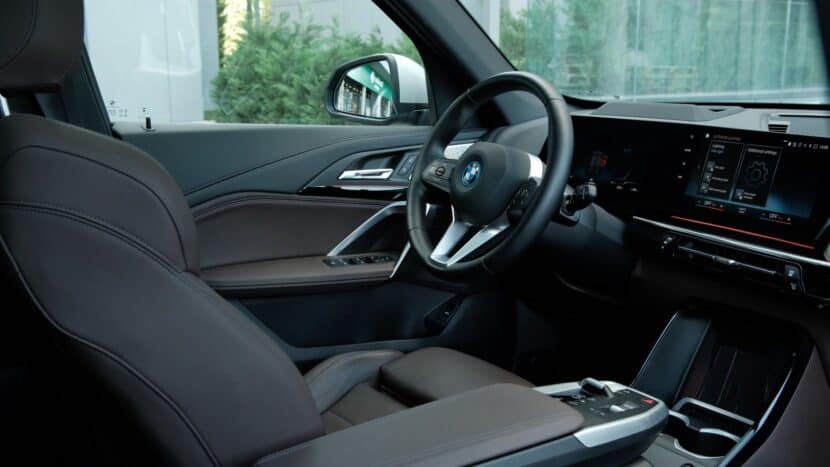The BMW iX1 electric crossover emerged as the best-selling BMW EV in Germany last year, proving popular in the crowded market. With 12,640 cars registered, this compact SUV tops BMW’s electric lineup, ahead of models such as the i4 and i5. But although it has become a customer favorite in Germany, its success highlights a noticeable gap in the US market, where the electric iX1 is not available.
Germany’s electric car market in 2024: a bumpy ride
Germany’s electric vehicle market has faced some hurdles in 2024. After battery electric vehicles accounted for 18.43% of new car sales in 2023, their share fell sharply to just 13.51% in 2024. However, BMW has managed to slow down this trend. Not only did the company increase its battery electric vehicle market share from 17.34% to 18.06%, but it also registered an additional 1,646 electric vehicles compared to the previous year. In fact, BMW’s battery electric vehicles will account for more than 11% of all electric cars sold in Germany in 2024, a staggering jump from 7.7% the previous year. Meanwhile, competitors like Mercedes and Audi were struggling to keep up. For example, Audi’s share of the battery electric vehicle market decreased significantly from 12.39% to 10.79%.
Why the iX1 has proven so popular
The BMW iX1 was a big reason for BMW’s success. Its relatively affordable price, compact size, and practicality make it an ideal choice for buyers looking for an entry-level luxury electric vehicle. It outperformed pricier models like the i5, which saw 7,849 registrations in its first full year, and the i4, which still managed an impressive 10,368 registrations. Interestingly, both the iX1 and i4 saw a slight decline in sales compared to 2023. But the introduction of the i5 Sedan and Touring models ensures BMW continues to grow its battery electric vehicle footprint.
Despite the iX1’s success in Germany, BMW has not brought the electric crossover to the U.S. Instead, the brand’s electric lineup there is focusing on larger models like the i4 and iX. This likely reflects different buyer preferences in the United States, where mid- and large-sized SUVs dominate. Of course, we could say that a more affordable crossover would do wonders for BMW in America. Naturally, this leaves BMW without a direct competitor in the compact electric SUV space in the US, which is currently led by models like the Tesla Model Y and Volvo XC40 Recharge. [Via BimmerToday]


